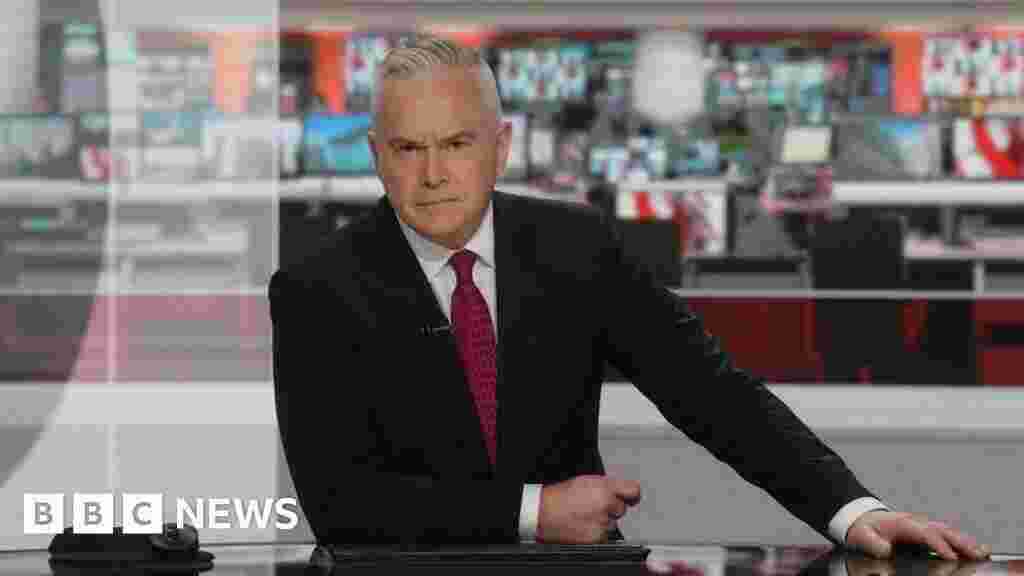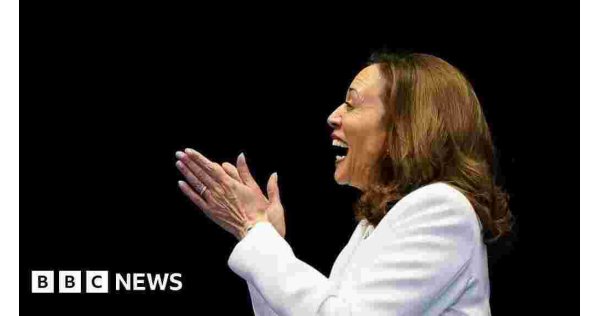The BBC is facing intense scrutiny and difficult questions following the guilty plea of its once revered and trusted journalist, Huw Edwards, for possessing images depicting child sexual abuse. The corporation's handling of the situation, particularly regarding its continued payment of Edwards' substantial salary for five months post his arrest, has sparked outrage and demands for explanation.
While the BBC asserted that it would have taken action if Edwards had been charged, his eventual guilty plea has cast a shadow over those months of salary payments, amounting to over £200,000 in public funds. Culture Secretary Lisa Nandy's urgent meeting with the director general underscores the government's concern and the pressure on the BBC to provide answers.
The decision not to sack Edwards immediately after his arrest is under scrutiny, with questions arising about the corporation's duty of care to its employees, legal considerations, and the potential for reputational damage. The BBC's editorial independence and its duty to inform the public about the arrest of a prominent figure also come into play, further complicating the matter.
As the BBC grapples with these challenging issues, the public and government alike demand transparency and accountability, leaving the corporation with a formidable task of addressing these concerns and restoring trust in its judgment and actions.
The BBC faces questions over why it did not sack Edwards
The presenter, among the BBC's best-known figures, resigned in April after being taken off air last year.




